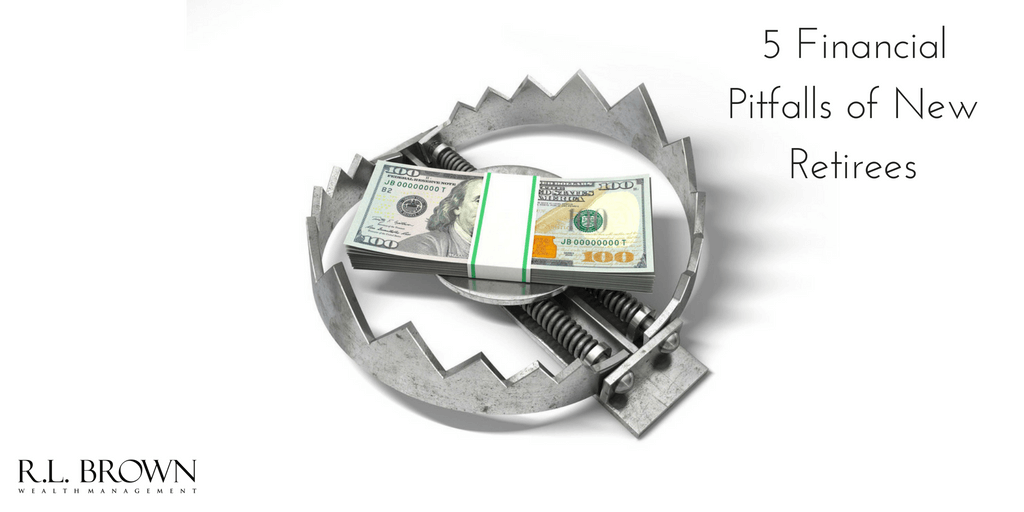Last week, I blogged about how retired people should handle the volatile market. This week I thought I would go into more depth about the kind of risk tolerance retirees should assume.
When it comes to retirement planning, it’s important to understand and assess your tolerance for risk. Risk tolerance is just what it sounds like: A measure of how much risk you can handle as an investor.
If you’re already retired, your risk tolerance mainly depends on your financial goals during your golden years, as well as your various streams of income and/or financial assets. In general, you can afford to take greater risks with investable assets when you have other, more stable sources of funds available.
Additional factors that go into your risk tolerance are the amount you can afford to invest each month, your emotional ability to handle risk, and your time horizon.
Remember your risk tolerance changes over time. Age, income and life circumstances combine to form your current level of tolerance. In retirement, your risk tolerance is obviously lower since you have a shorter amount of time to rebuild if a risky investment causes problems.
Self-knowledge of your own personal financial situation is one of the most beneficial investing tools. This awareness can help accurately determine your risk tolerance and build a profitable portfolio, as well as prevent you from acting impulsively in a way that can hurt your long-term returns.
When assessing your risk tolerance, you must also realize there are equal upside and downside possibilities in your retirement investment portfolio.
During the period in which you are investing, volatility—the amount of uncertainty or risk about the size of changes in a security’s value—can soar to both ends of the spectrum.
Gauging your risk tolerance can be ambiguous in many cases. Many people have the tendency to be less opposed to taking risks with investments when the market is good, in spite of the fact it’s not a future indicator of the health of their portfolio.
So how should retirees invest, based on risk?
Income strategies for retirees continue to be challenging in light of the current low interest rates and volatile stock market.
Owning stocks with low payout ratios and growing earnings could be a good plan for those entering their golden years, as it’s an easy way to earn money even if you’re an inexperienced market timer or stock picker.
At least one time a year, it’s probable you’ll receive a dividend increase regardless of whether your stocks are up 20%, down 20%, or flat for the year, according to figures from a recent Seeking Alpha article. While a 10% dividend increase on a stock yielding 3% only amounts to 30 basis points of added total return, that increase significantly outpaces inflation and represents a tangible, locked-in shareholder advantage.
The above statistics speak to why dividend growth is such a strong investment strategy for retirees. Whether markets are up or down, retirees can grow their income–depending on their particular strategies–by an amount substantially higher than inflation.
Such income-focused strategies may be disregarded by investors who view total return as the only “real” investment goal, but I would advise such people to try and see the whole picture. You’re in this for the long-term, remember?
Bottom line: Ultimately, the only way to ride out the ups and downs of the market is knowing exactly what your risk tolerance is. That way, when you feel the market shifting, you can re-assess your situation and make sure you still feel comfortable with the amount of risk you’re taking. Work with a financial professional to help determine your risk tolerance and devise some investment strategies that will sustain you through your golden years.







